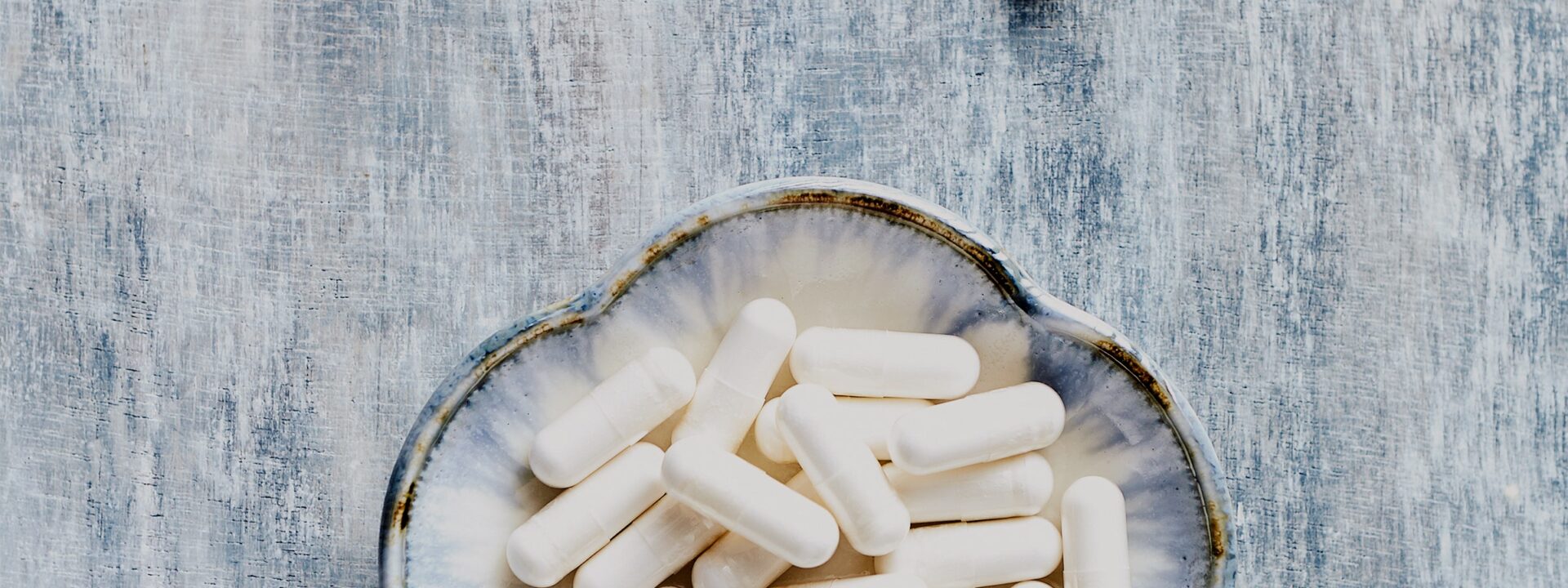One of the most interesting things about green tea is its unique ability to make you feel both alert and relaxed at the same time. This effect comes from an amino acid called theanine, also known as L-theanine. While green tea is a well-known source, L-theanine is also found in white tea, black tea, matcha (all of which come from the Camellia sinensis plant), and even certain mushrooms like porcini.
But what exactly is L-theanine, and why is it becoming so popular? Here’s a closer look at its benefits for the mind and body.
### What is L-theanine?
“L-theanine is a non-protein amino acid most commonly found in green tea,” explains Dr. Nima Alamdari, PhD, an expert in sports science, exercise physiology, and nutrition. “It’s often credited for tea’s calming effect, even when caffeine is present—a paradox that has intrigued scientists studying its impact on the brain.”
Since our bodies don’t naturally produce L-theanine, we get it from drinks, food, or supplements.
### What does L-theanine do?
Though it doesn’t help build protein, L-theanine plays an important role in promoting what Alamdari calls a “calm but clear” mental state.
“Unlike sedatives, L-theanine doesn’t dull your senses,” he says. “Instead, it influences brain chemicals linked to mood and relaxation while increasing alpha brain waves—the kind associated with a quiet, focused mind.”
L-theanine may affect serotonin and dopamine, which influence mood, as well as cortisol, the stress hormone. That’s why, as Alamdari puts it, “L-theanine is often used to manage short-term stress—especially when your mind is racing or your body feels tense.”
It can be particularly helpful for those who need intense focus, like students or professionals. A study published in the National Library of Medicine found that people who took 100 mg of L-theanine daily made fewer mistakes in tasks requiring prolonged attention.
“In controlled trials, participants performing demanding tasks—like public speaking simulations or fast problem-solving—had smaller spikes in blood pressure and heart rate after taking L-theanine,” Alamdari explains. “These calming effects were strongest in people who typically react more to stress, often reporting lower anxiety. While we’re still studying how it works, current research suggests L-theanine helps shift the body into a more relaxed, ‘rest and recover’ state—ideal for staying composed under pressure.”
### Benefits of L-theanine
– Reduces stress and anxiety by potentially boosting GABA, a neurotransmitter that promotes relaxation.
– Enhances focus, memory, and learning by supporting cognitive function.
– Improves sleep quality by promoting relaxation.
– Has antioxidant and anti-inflammatory properties, which may help with gut inflammation.
– Supports the immune system, possibly reducing susceptibility to colds and flu.
– May protect against neurodegenerative diseases like Alzheimer’s by preventing oxidative stress.
– Aids in weight management by enhancing satiety through its umami flavor.
– May help lower blood pressure by reducing stress.
### Does L-theanine work for stress?
According to Alamdari, L-theanine can be effective for stress—especially in certain doses and situations.Research suggests that L-theanine, especially in doses of 200 milligrams or higher, can effectively help with short-term stress and anxiety. Studies show that benefits like lower heart rates, reduced stress markers in saliva, and decreased anxiety often appear within an hour of taking it.
Unlike some other supplements, L-theanine doesn’t cause jitters or energy crashes. Brainwave studies indicate it promotes alpha wave activity, which supports a calm yet focused state—without dulling mental sharpness. In fact, reaction time and concentration often stay steady or even improve, making L-theanine a rare option for easing stress while maintaining clarity. This makes it especially useful for people sensitive to stimulants like caffeine.
Who might benefit from L-theanine?
It could be helpful for those under high stress, particularly in jobs requiring precision and focus. People dealing with anxiety or mild depression may also find relief, though it’s best to check with a doctor for personalized advice.
A typical daily dose ranges from 100–200 mg—equivalent to 2–4 cups of matcha or about 10 cups of green tea.
Precautions:
– Avoid during pregnancy or breastfeeding due to limited safety research.
– Not recommended for those on blood pressure medication.
– May interact with anti-anxiety drugs, so consult a doctor before use.
